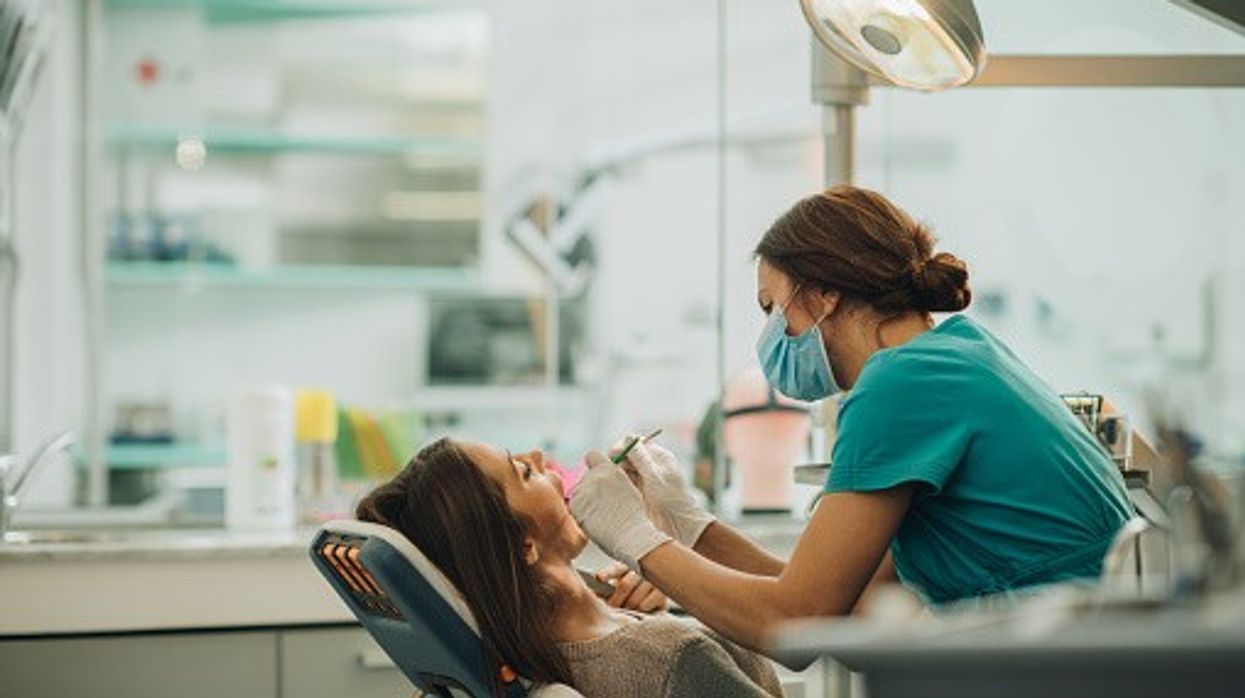Targeted early preventative measures essential to address the economic and health disparities associated with tooth decay
The UK incurs substantial healthcare costs for managing dental caries (tooth decay), with per-person expenses estimated at £18,000, a new study has revealed.
This figure is notably higher than those reported in countries such as Brazil, France, Germany, Indonesia, and Italy.
Published in BMC Public Health and commissioned by the European Federation of Periodontology (EFP), the study also found that the economic impact of tooth decay is disproportionately higher in the most deprived groups.
Researchers, including Professors Moritz Kebschull and Iain Chapple from the University of Birmingham's School of Dentistry, suggested that targeted preventative measures could help reduce this financial burden dramatically.
"Our study highlights the critical need for early and sustained preventive measures to address the economic and health disparities associated with dental caries,” said Professor Chapple.
“By focusing on the most vulnerable populations, we can achieve substantial cost savings and improve overall oral health outcomes.”
The study aligns with the World Health Organization's recent resolution on oral health, advocating for a “more inclusive public health approach to caries management, that incentivises and focuses on prevention rather than treatment to improve oral health in our populations."
The research explored several preventive strategies, including:
Societal-level initiatives like community water fluoridation, taxation on sugar-sweetened beverages, education programmes in schools, and oral health awareness campaigns.
Individual-level measures such as maintaining good oral hygiene by brushing with fluoridated toothpaste and applying topical fluoride.
The study estimated that, if uniformly implemented across the population, these interventions could reduce the progression of caries by 30 per cent, with the greatest cost reductions seen in the most deprived groups.
Furthermore, the researchers indicated that a "levelling-up" approach—targeting those most in need—could lower caries management costs by approximately £14,000 per person in the UK’s most deprived group.
Professor Kebschull noted that individuals from the most deprived groups experience higher rates of dental caries from a young age, which leads to more caries overall and higher costs.
“Therefore, it's important to start preventive care early, focusing on reducing caries in young children and continuing throughout their lives,” the researcher stated.













